Rp199.000
Focus is placed on little details such as the number of significant figures or decimal place used in calculations. Students should also be able to identify whether results are reliable/accurate and hence take appropriate action when doing calculations. Contrary to popular belief, the planning component is not just about memorising standard set of procedures. With the experimental and planning component now closely interlinked, students must be able to draw information from the given experimental procedure, and modify it to apply to similar situations. Therefore, it is important for students to study the rationale behind experimental procedures. Written according to the current ‘A’ level syllabus, this book touches on the major chemistry topics including stoichiometry, kinetics, energetics, organic and inorganic synthesis, etc. Using as many question types as possible, these questions are meant to give students an insight to the variety and range of possible questions. Experimental procedures have also been written with great care and should be studied for students to be exposed to as many different experimental approaches as possible. This will be a useful framework to scaffold students’ learning for the planning component.
ISBN 9789811170980
1 in stock
Rp199.000
1 in stock
Focus is placed on little details such as the number of significant figures or decimal place used in calculations. Students should also be able to identify whether results are reliable/accurate and hence take appropriate action when doing calculations. Contrary to popular belief, the planning component is not just about memorising standard set of procedures. With the experimental and planning component now closely interlinked, students must be able to draw information from the given experimental procedure, and modify it to apply to similar situations. Therefore, it is important for students to study the rationale behind experimental procedures. Written according to the current ‘A’ level syllabus, this book touches on the major chemistry topics including stoichiometry, kinetics, energetics, organic and inorganic synthesis, etc. Using as many question types as possible, these questions are meant to give students an insight to the variety and range of possible questions. Experimental procedures have also been written with great care and should be studied for students to be exposed to as many different experimental approaches as possible. This will be a useful framework to scaffold students’ learning for the planning component.
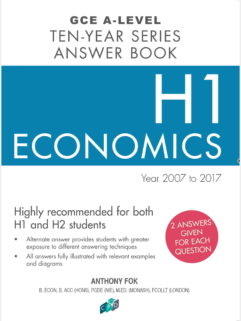

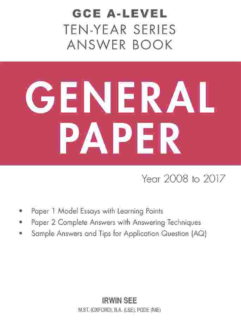
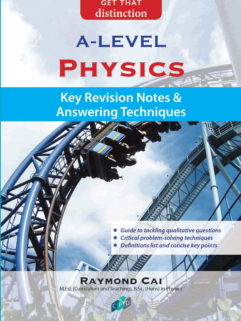
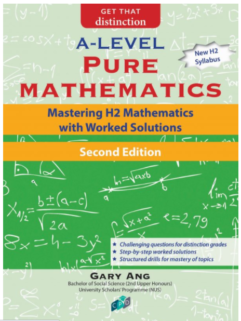

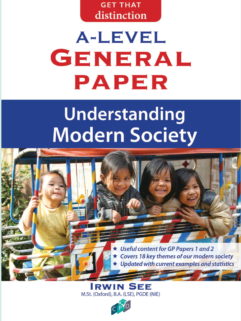
⏰ Monday – Friday (08.00 – 16.00)
📞 Contact Person : +628131896733 (Whatsapp)
📧 Email : admincomptes2@i-potensi.com
WhatsApp us